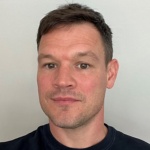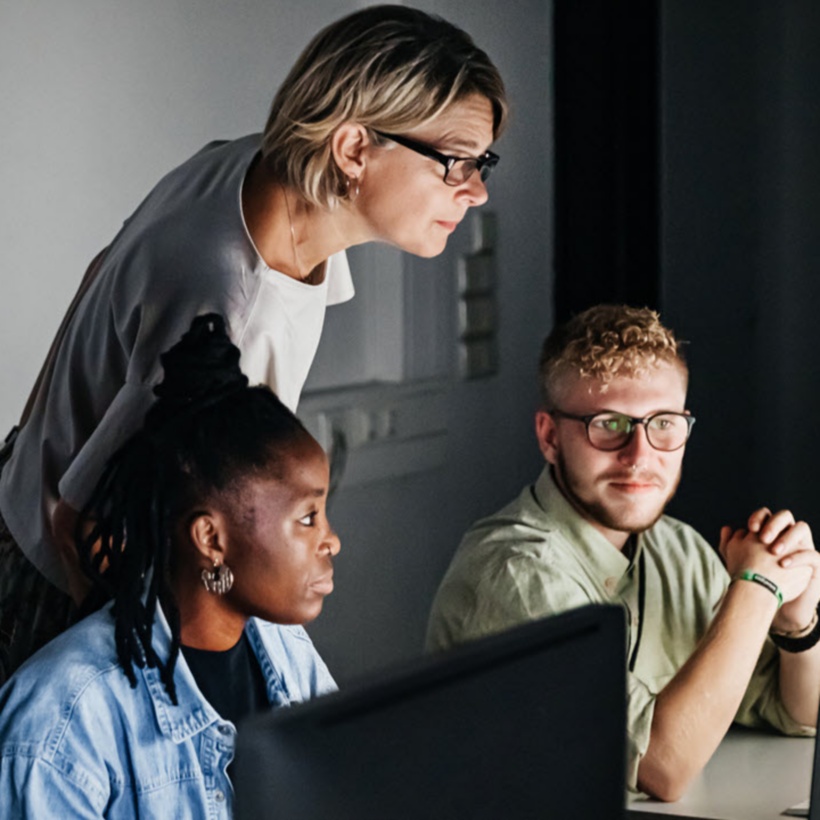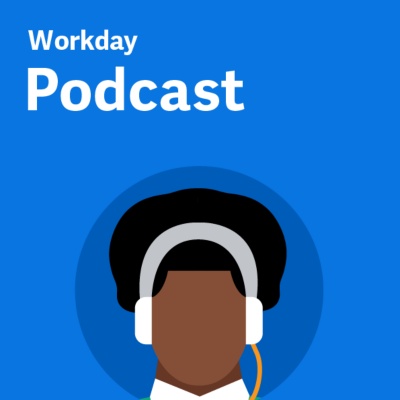Adapting to change
Since the 1860s, the world’s population has grown by over 600 percent, reaching 8 billion people in 2022. “That's changed what's valuable,” says Romanovitch. “It's not just money that's important. Actually, there are all of these other things that matter, and for us to continue to thrive on our planet, we need to pay attention to those things too.”
She also highlights the technological advances that we’ve seen over the last fifty years and the abundance of tools we have at our disposal compared with just thirty years ago. According to Romanovitch, that’s caused us to reconsider the role and value of human beings. "Many people are saying, "Well, I don't want to be just a cog in the machine. I want to be able to do work that I feel is meaningful, that makes a difference, where I can have some mastery."”
Upskilling to create value
What does that shift mean for the professional services industry? Over time, the industry has shifted towards building deeper relationships with clients. And relationships, business or otherwise, are built on trust. As the former CEO of one of the world’s largest professional services companies, Romanovitch knows that leading a business can be a really lonely place: “The people that you can actually talk to, to say, "I'm not sure, I don't quite know how to tackle this issue, I need someone to help me think it through," those people are incredibly valuable to you.”
However, the move from a service-based organisation to a trusted partner requires a shift in skills. When she was at Grant Thornton, Romanovitch led a programme working with business leaders to help them change how they were working with clients. She recalls a conversation she had with one of her tax partners, where Romanovitch suggested starting a meeting by asking the client what’s important to them. The partner replied, "That's terrifying because I've always viewed my value as being the expert who has all the answers. And to go into a room where I could ask a question to which they then ask me something I don't know the answer to, that's really scary."
The programme set up by Romanovitch to change this mindset brought people together to work on emotional intelligence, technical skills, and relationship building, as well as their ability to spot connections and see things from different perspectives. The participants would set themselves a goal and then share their experiences with the group six weeks later.








